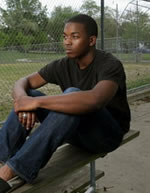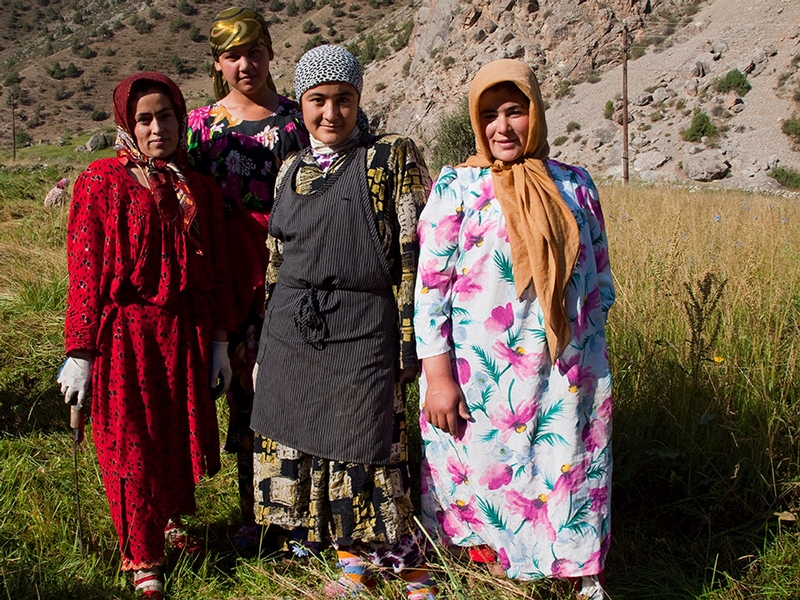This is the only word in the English language that could be a noun, verb, adj, adv, prep.UP
This two-letter word in English has more meanings than any other
two-letter word, and that word is “UP.” It is listed in the dictionary
as an [adv], [prep], [adj], [n] or [v].
It’s easy to understand UP, meaning toward the sky or at the top of
the list, but when we awaken in the morning, why do we wake UP?
At a meeting, why does a topic come UP? Why do we speak UP, and why
are the officers UP for election and why is it UP to the secretary to
write UP a report? We call UP our friends, brighten UP a room, polish
UP the silver, warm UP the leftovers and clean UP the kitchen. We lock
UP the house and fix UP the old car.
At other times, this little word has real special meaning. People
stir UP trouble, line UP for tickets, work UP an appetite, and think UP
excuses.
To be dressed is one thing but to be dressed UP is special.
And this UP is confusing: A drain must be opened UP because it is stopped UP.
We open UP a store in the morning but we close it UP at night. We seem to be pretty mixed UP about UP!
To be knowledgeable about the proper uses of UP, look UP the word UP
in the dictionary. In a desk-sized dictionary, it takes UP almost 1/4
of the page and can add UP to about thirty definitions.
If you are UP to it, you might try building UP a list of the many
ways UP is used. It will take UP a lot of your time, but if you don’t
give UP, you may wind UP with a hundred or more.
When it threatens to rain, we say it is clouding UP. When the sun
comes out, we say it is clearing UP. When it rains, it soaks UP the
earth. When it does not rain for awhile, things dry UP. One could go
on and on, but I’ll wrap it UP, for now. . . my time is UP!
Oh. . . one more thing: What is the first thing you do in the morning and the last thing you do at night?
U P
Did that one crack you UP?
OK, Now I’ll shut UP!




 On
the nights when David Boone had no where else to go, the high school senior
slept on a bench at a local baseball park.
On
the nights when David Boone had no where else to go, the high school senior
slept on a bench at a local baseball park.
















 Welsh pine marten sightings probed
Welsh pine marten sightings probed Shikhei Goh knows his way around a macro lens.
Shikhei Goh knows his way around a macro lens.
